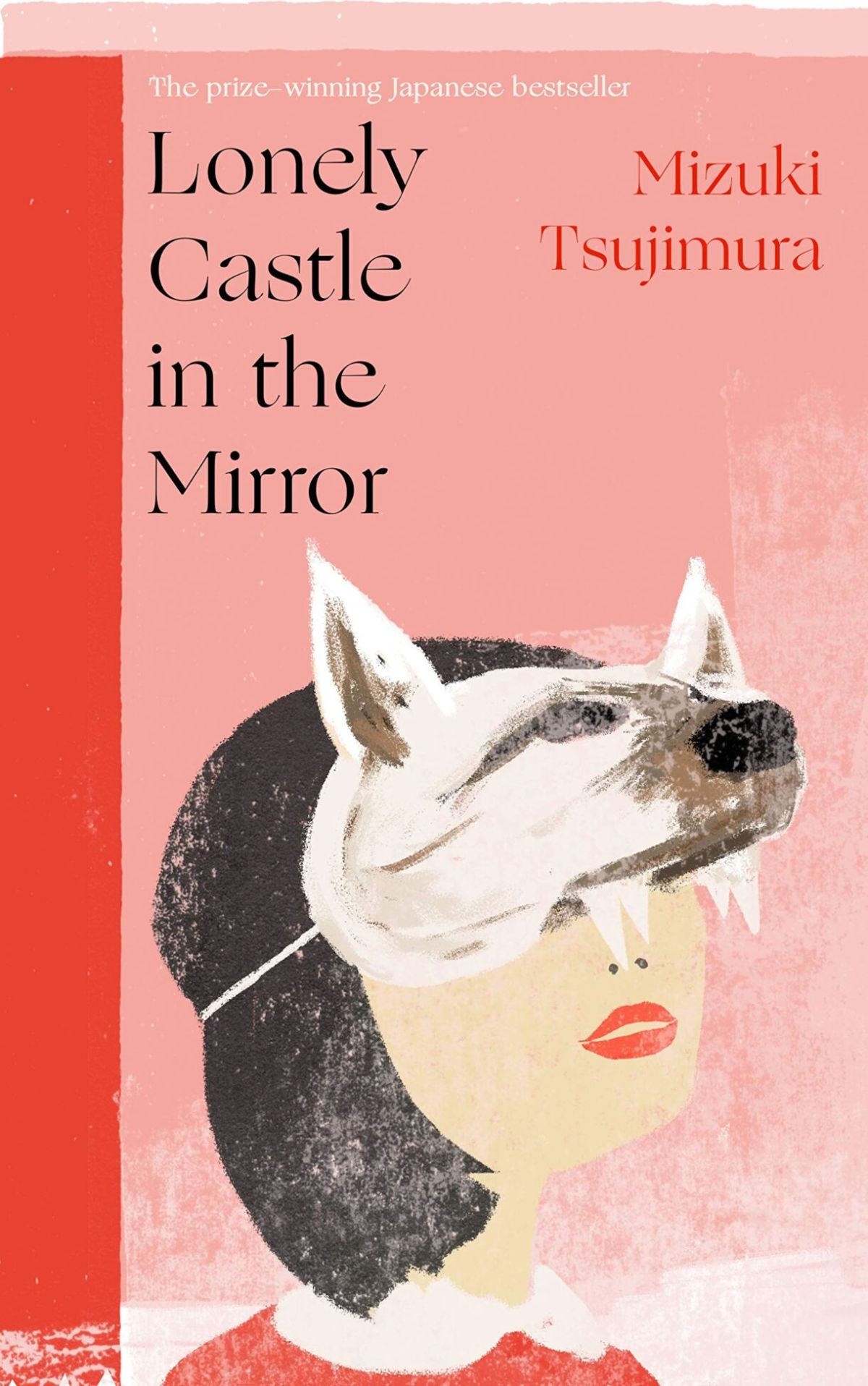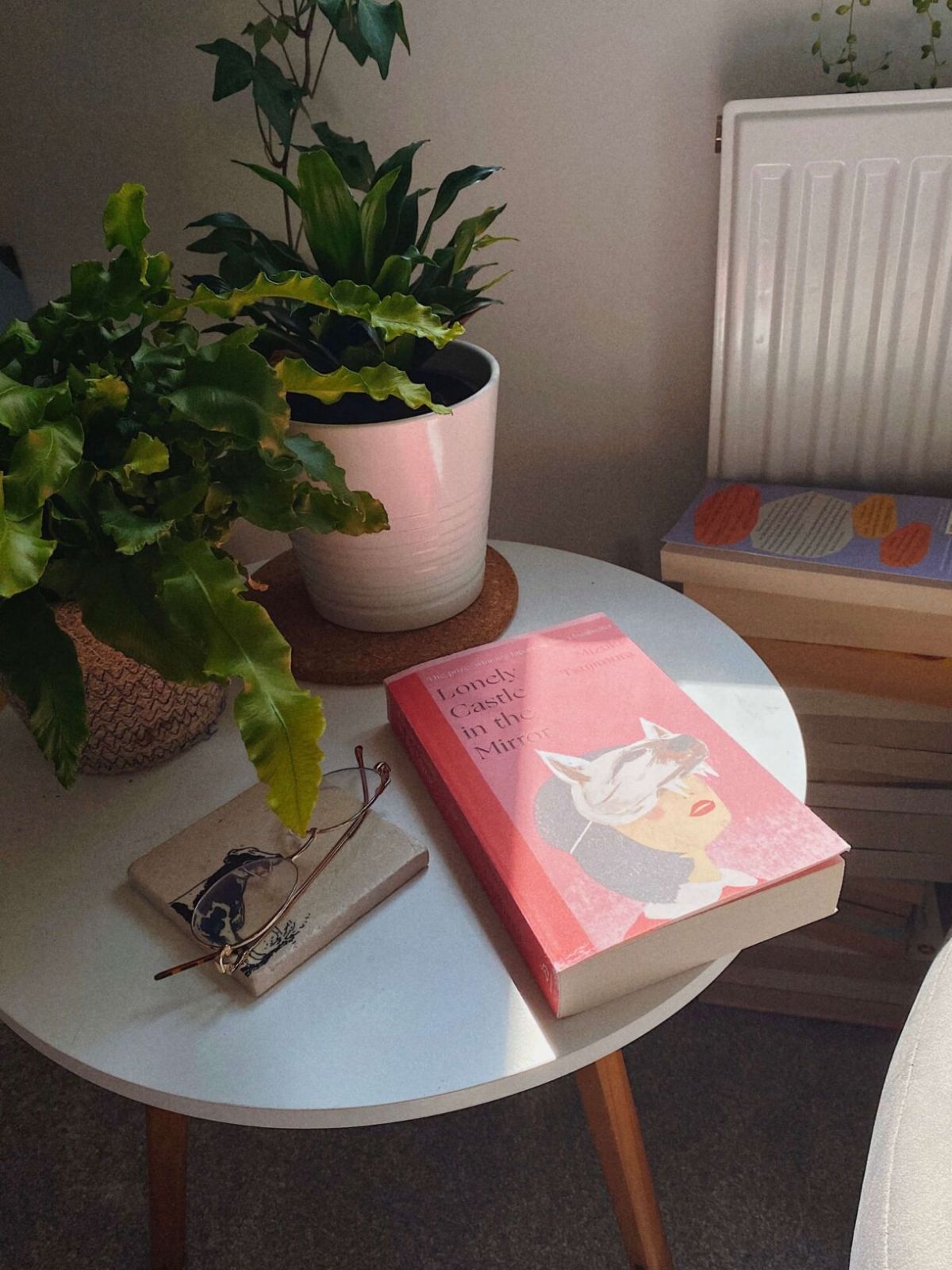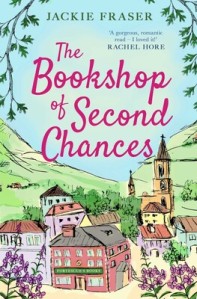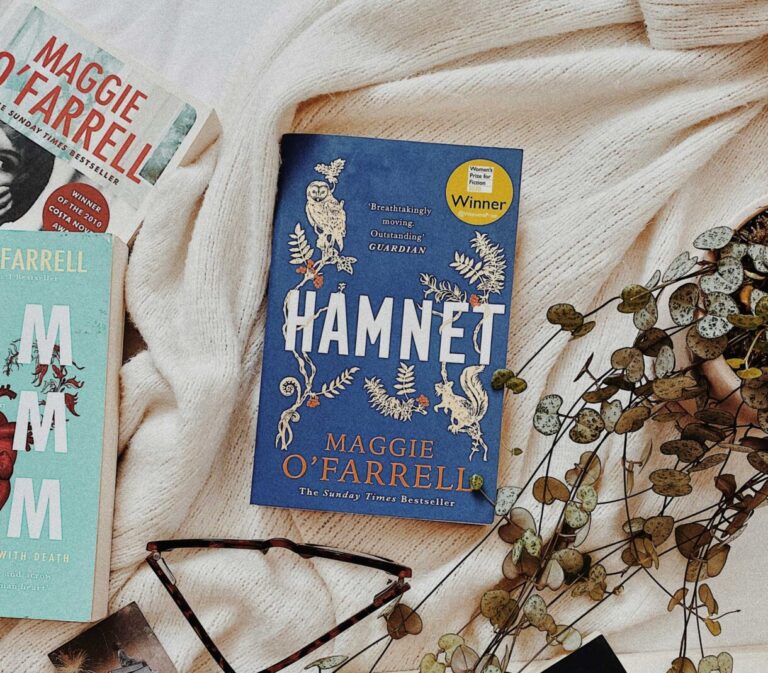
Translated from its original Japanese, Lonely Castle in the Mirror is a coming of age novel which explores loneliness and identity through a group of schoolchildren. Its protagonist Kokoro hasn’t been to school in a while and as her mother tries to convince her to join a new one, she discovers the mirror in her bedroom is glowing. After working out she can enter the mirror and be transported to a castle with other children like herself, Kokoro realises that she isn’t alone, but struggles with the idea that she actually prefers escaping to the castle than facing reality at all…
Title: Lonely Castle in the Mirror
Author: Mizuki Tsujimura
Type: Fiction
Published: 2021
Pages: 355
TW: Depression, Anxiety, Bullying, Death, Sexual Assault
This book sits on the cusp of fantasy – enough to satisfy those who enjoy the genre but not too much so those (like me) who like to stay in the real world, feel that they have. Though having said that, one of my issues with this book was its lack of plot and world-building. I didn’t need pages and pages of detailed descriptions of the castle or setting, but for somewhere that had the potential to feel very immersive and atmospheric, it never did because the descriptions were so sparse.

Presumably the lack of explanation was probably intentional and the author wanted its metaphor to instead be the takeaway. One thing the book does get right is show the vulnerability of the group of children and how susceptible they are to feelings of loneliness and isolation – as teenagers they find themselves in limbo, old enough to have shed the blissful ignorance of childhood, but not yet ready to enter the world of adults.


Review overview
Summary
The ending definitely saves this book; I won’t tell you what happens, but what transpires allows the book to reach a deeper level and just about redeems the overall lacking plot for me. I’m not normally someone who needs a lot of plot in a book (see Open Water) but for this premise, I do think it needed more of an explanation and an exploration of the alternative world the children found themselves in.






